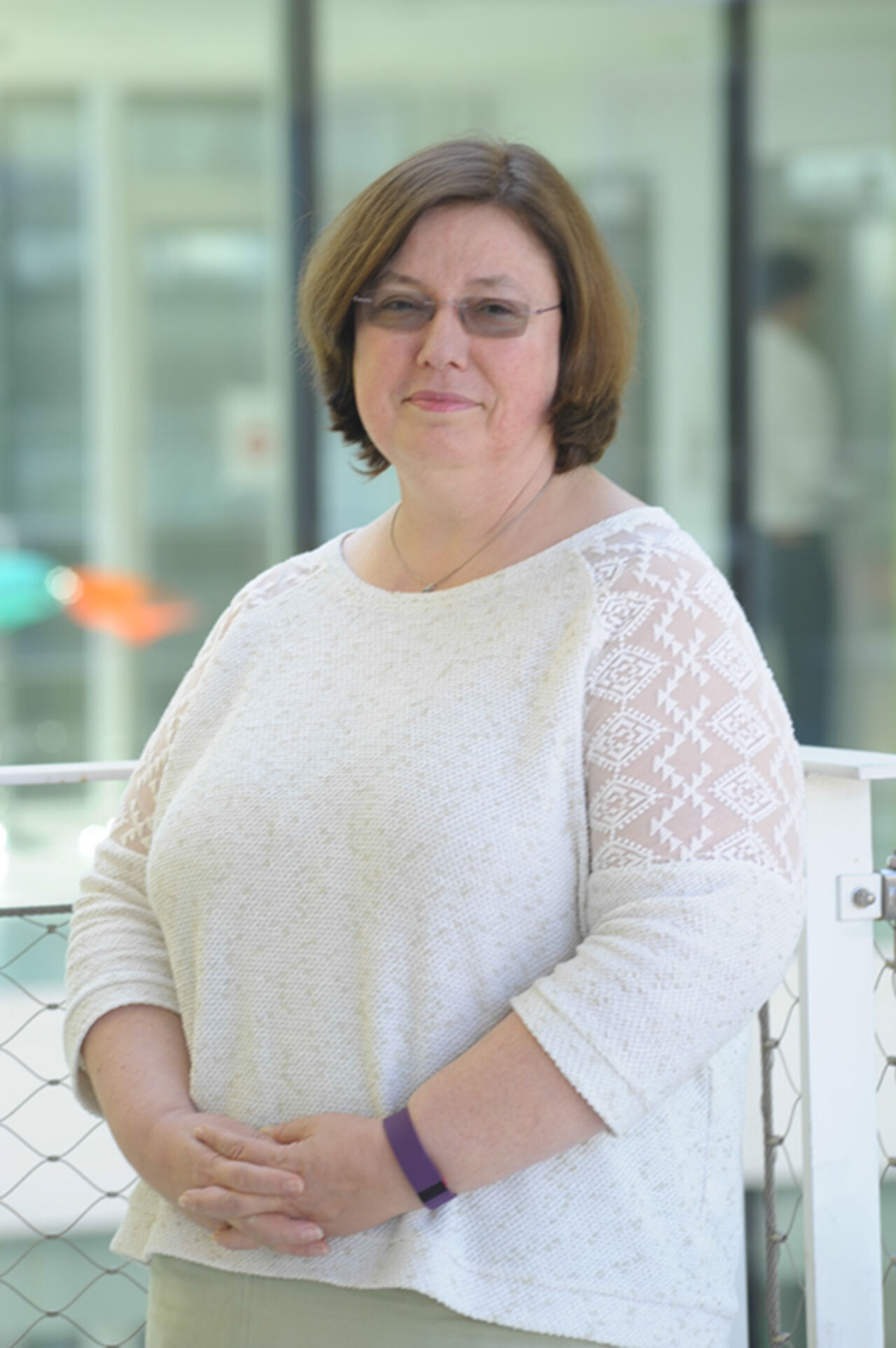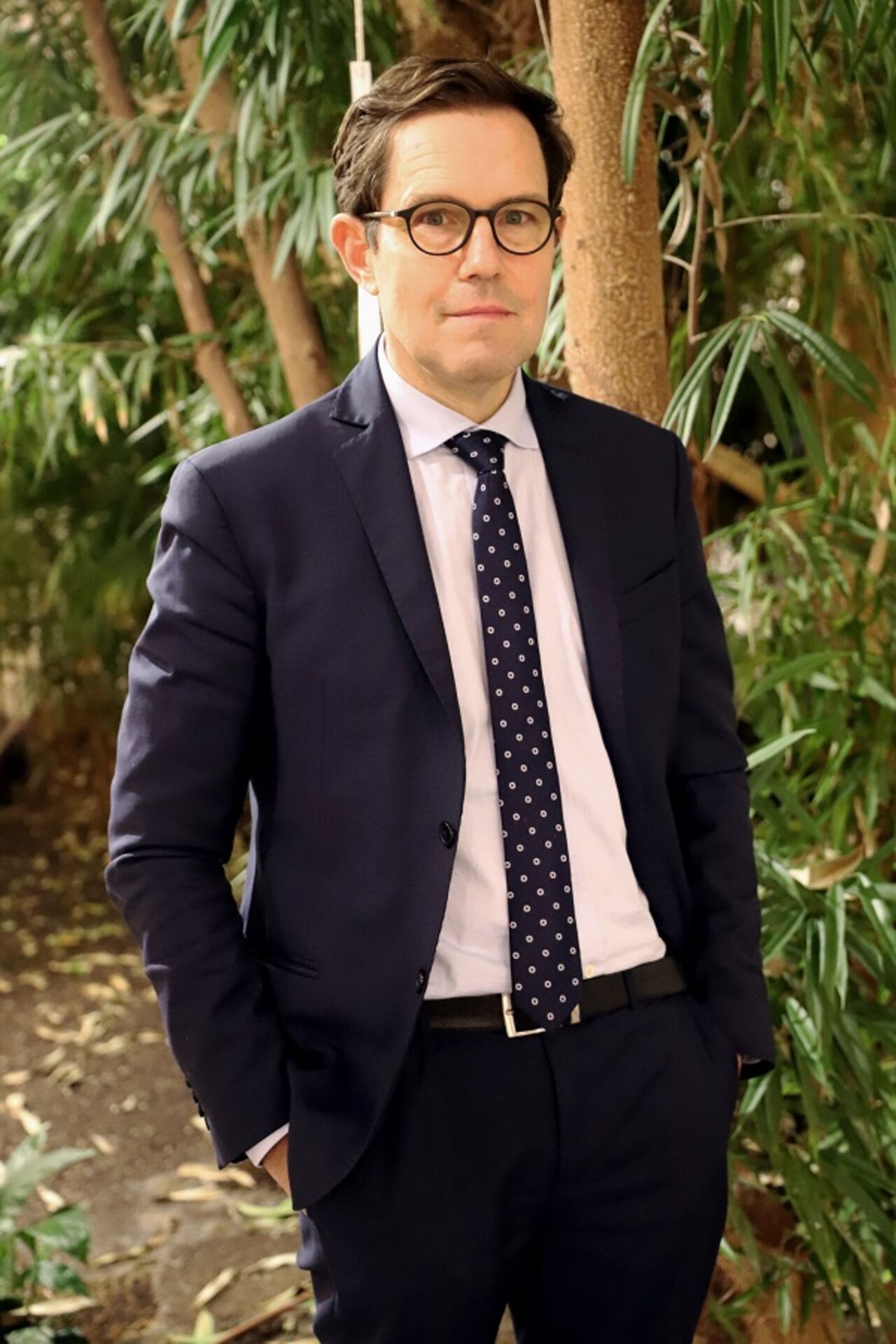How would you rate this first year in the existence of Université Gustave Eiffel?
Hélène Jacquot-Guimbal: We couldn’t have imagined such a start. Like everyone else, the health crisis represented a real challenge for us, emerging just a few weeks after the official creation of our establishment. Numerous physical meetings and travel plans were cancelled and the progress of some of the key projects we had initiated was slower than anticipated. Dealing with the pandemic led to a form of general exhaustion, particularly in the first semester, but our community demonstrated impressive resilience and many research, training, management and communication projects forged ahead despite the context. If you can survive a first year like that, you can overcome anything.
“Develop potential and provide all the necessary conditions for success”.
Gilles Roussel: In spite of our differences in culture and a difficult context, 2020 confirmed that our merger was the right move to make. A relationship of trust was forged between the founding establishments and I firmly believe in the importance and added value of our union. Research and training projects, the bringing together of staff teams, the pooling of processes and work methods and so on... not everything is visible yet, but there are numerous signs that we are heading in the right direction. Our task now is to pursue the growth of the university and inter-personal relationships in order to develop potential and provide all the necessary conditions for success.
How did the merger take shape and what were the key events for the establishment?
H.J.-G.: We had to make numerous urgent decisions and commitments throughout the year, related to the purchase of masks, the recruitment of temporary teaching and research staff, student jobs, social welfare, or the extension of thesis deadlines, and so on. Thanks to the DGS [Directorate-General of the French Health Ministry], an effective management system and shared values, we managed to stay in the saddle. We also made good progress with the integration of ESIEE Paris and preparations to transfer the steering of I-SITE FUTURE from COMUE Paris-Est Sup to Université Gustave Eiffel. It’s also worth mentioning that the first elections for the central councils, held in late November 2020, boasted a very high participation rate (85%) and that we received strong support from teachers and teacher-researchers.
G.R.: The integration went smoothly. UPEM and IFSTTAR merged fully and the process is continuing with the schools, at a specific pace for each establishment. The juxtaposition of departments wasn’t always easy, but it worked. The aim at present is to find the most effective organisation possible, to drive our public service missions and facilitate the unification and simplification of our internal processes and tools in order to form a single establishment. We can also highlight the rich student life across the campuses. The students share the same concerns and desire to work together. This momentum is strengthened by the Student Parliament, a unique body which raises new questions and expectations on issues such as environmental transition or gender equality. Its level of representation and permeation is highly encouraging.
How was the university welcomed on the international scene?
H.J.-G.: Université Gustave Eiffel has enabled us to integrate new networks and has added new weight to each of our founding establishments. Our entry into the Shanghai ranking is proof of this, and it has provided our fledgling establishment with considerable visibility. Our participation in the Transportation Research Board (TRB) in Washington in January 2020 also helped to initiate new collaborations on the city of the future, particularly with the European Commission Research & Innovation DG, which partnered our Europe - Urban Research & Innovation Day last October.
G.R.: On a national and international level, Université Gustave Eiffel is clearly making its mark in the research and higher education field. Its name and originality stand out. Moving forward together under this identity adds visibility and readability to all the establishment’s components. We’ve earned this reputation very rapidly and it’s given us more significant weight. It contributes to consolidating our partnerships and developing new ones, via the pooling of our partner networks in both research and training.
How did the research and training activity perform in 2020?
H.J.-G.: Our researchers and teacher-researchers submitted numerous projects to the French National Research Agency and collaborated on a great deal of activities, alongside co-tutoring laboratories with the CNRS, Lyon University, Aix-Marseille University or ENPC, etc. We also launched works to gain better insight into the health crisis and its impacts, in addition to research-action projects on the theme of the city. We pursued our partnership activities with industrial players such as the Vinci, EDF or Eiffage groups in the framework of the E3S project in Châtenay-Malabry, for example. Université Gustave Eiffel fosters inter-disciplinarity and more specifically the integration of social and human sciences or political science in research projects. This is one of the assets of the Urban Futures Labex in particular, and the observatory for urban innovations, which is currently being set up.
“Our community demonstrated impressive resilience”
G.R.: We pursued our training and research actions and synergies were formed, but given the context of the pandemic, certain projects were put on standby and will require more time. Co-operations between the campuses and academic and institutional players or local authorities have only just begun. One such example is the university diploma in road safety in Africa. Initiated at the Méditerranée campus, in partnership with CEREMA and CITA, it will open as of the start of the 2021-22 academic year. Our four Labex actively lead scientific events and the themes addressed by the European university project PIONEER, or by the Graduate Programs for Doctoral Studies (GP-DS) project, supported by PIA4, are all means of injecting new strategies, strengthening training via research and promoting our wide range of expertise in the field of the city, transport and regions.


